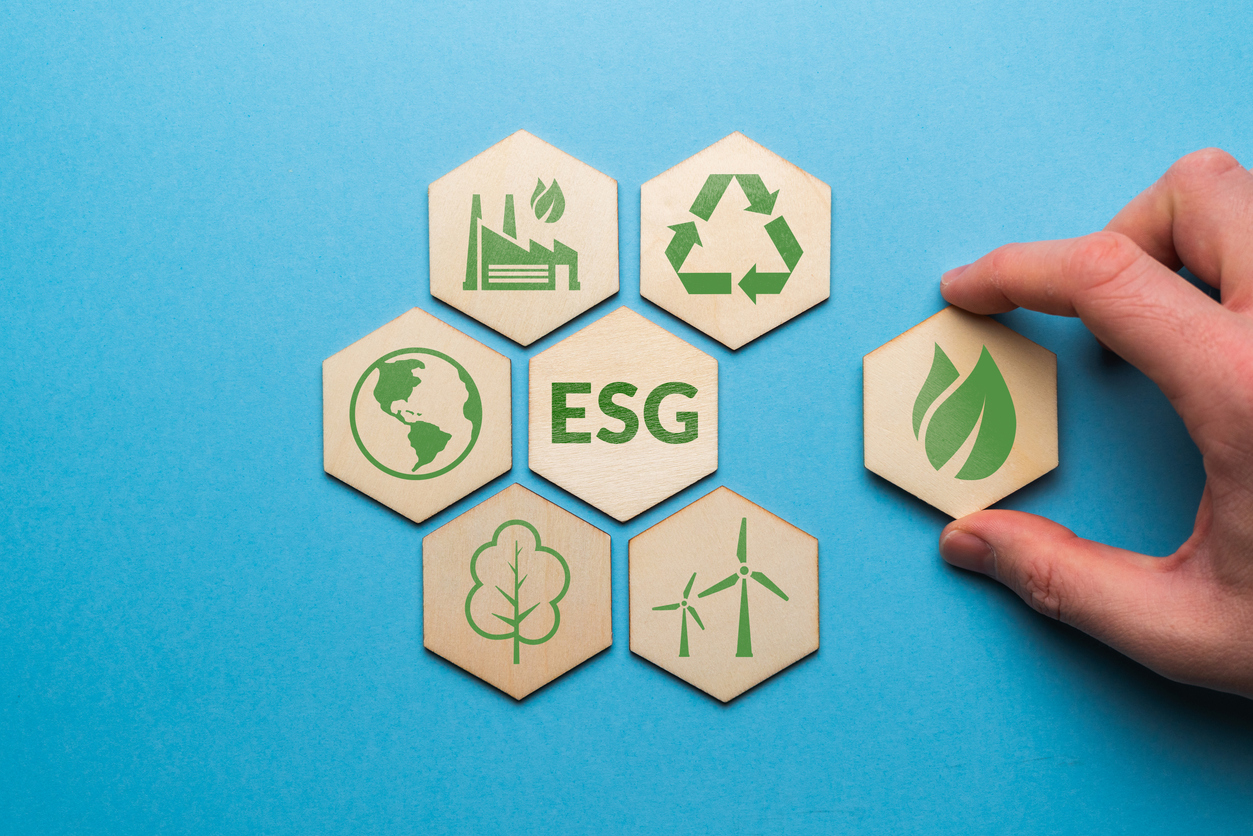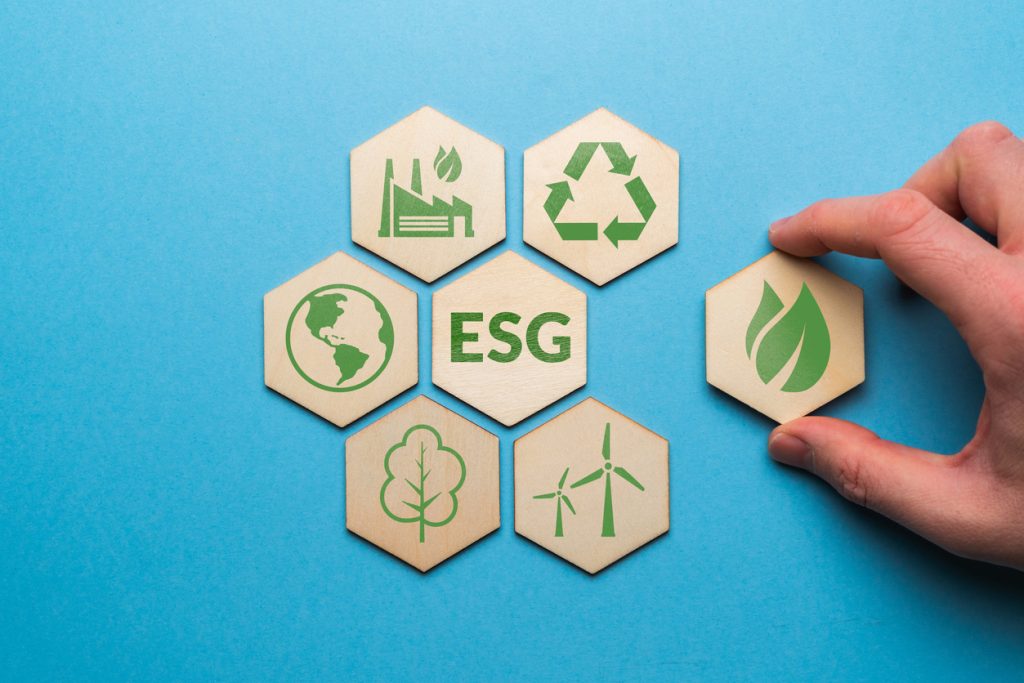



Environmental, Social, and Governance (ESG) standards are no longer just buzzwords—they’re becoming business essentials. For small and medium-sized enterprises (SMEs), embracing ESG isn’t just about compliance; it’s about unlocking funding, future-proofing operations, and staying competitive in a sustainability-driven economy.
But how are SMEs across Europe tackling this challenge? A recent review conducted under the EU-funded PEARLproject explored ESG practices in Turkey, Ireland, Germany, Poland, and Denmark, uncovering a diverse landscape marked by ambition, challenges, and innovative approaches to sustainability.
In Turkey, enthusiasm meets reality. While national initiatives like the Green Deal Action Plan are pushing ESG forward, SMEs often struggle with limited resources and awareness. Still, tailored training programs and financial incentives are helping close the gap.
Ireland presents a different picture: regulations are ramping up fast, but many SMEs aren’t ready. With only 4% getting external ESG assurance, the government is stepping in with initiatives like the Green Skills Action Programme and digital learning hubs. The potential is there—so is the urgency.
Germany leads with structure. ESG is deeply embedded in regulations, funding schemes, and training through chambers and universities. SMEs benefit from a clear roadmap and active support networks.
Poland’s ESG journey is largely reactive, driven by EU directives. Training is limited, and awareness is low, but pressure from international partners is forcing change.
Denmark enjoys strong policy support and high awareness, but even here, SMEs face barriers like limited ESG-specific training and tight budgets.
Across the board, the story is clear: ESG success for SMEs hinges on practical training, financial support, and regulatory clarity. With the right tools and guidance, even the smallest businesses can make a big impact on a sustainable future.